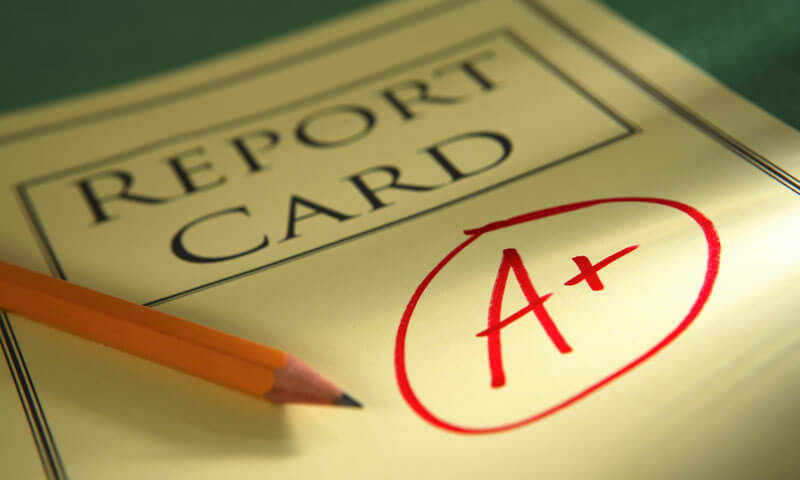Summary: A consideration of the legal and tax problems that come with winning the lottery.
Since nobody has won Powerball yet, its jackpot has skyrocketed to $1.5 billion. Winning it may seem like a sweet deal, but be aware that a lot of headache can come bundled with the money, including all sorts of taxes. Plus, it turns out that friends, family and co-workers can even claim that they should share in the winnings.
Often a dispute comes from an alleged oral agreement. Avoid bragging how you will divvy up your winnings with friends. The lawyers’ fees defending against such claims will sink your winnings, even if you win the suit, though most cases settle.
Eva Reyes, a 53-year-old California woman who won $1 million, faced a legal battle against the liquor store owner who sold her the winning ticket. Laxmi Bhardwaj claimed Reyes promised to split the money $350,000 after taxes for fronting the ticket money. Reyes claimed the deal was only for $50,000.
Another recent case involved a 20-year-old oral agreement to split lottery tickets that the court upheld. Even if the court doesn’t uphold the claims, the money can be tied up for years as co-workers, former spouses and friends have their try at creatively engaging your winnings.
Taxes are another matter. The IRS takes 39.6 percent, yet the tax withholdings is only 25 percent. Compound this with state and local taxes, and lottery winners can struggle to pay their taxes when they file.
As there are limitations on tax deductions, a winner may be taxed for everything, while granted only a partial write off for damages paid out.
If you win the lawsuit, you may yet have to pay the IRS, even on lawyers fees. This comes from the alternative minimum tax, or AMT.
If you are lucky enough to win the Powerball, congratulations. If, like everybody else, you don’t win, don’t fret: You saved yourself a headache.
Source: Forbes













































